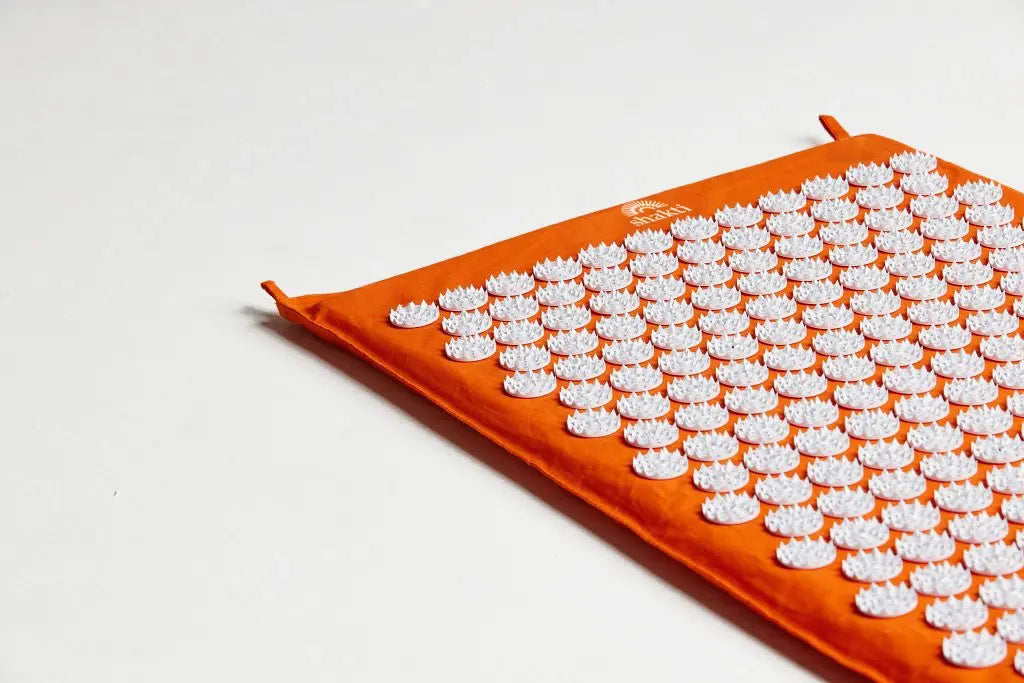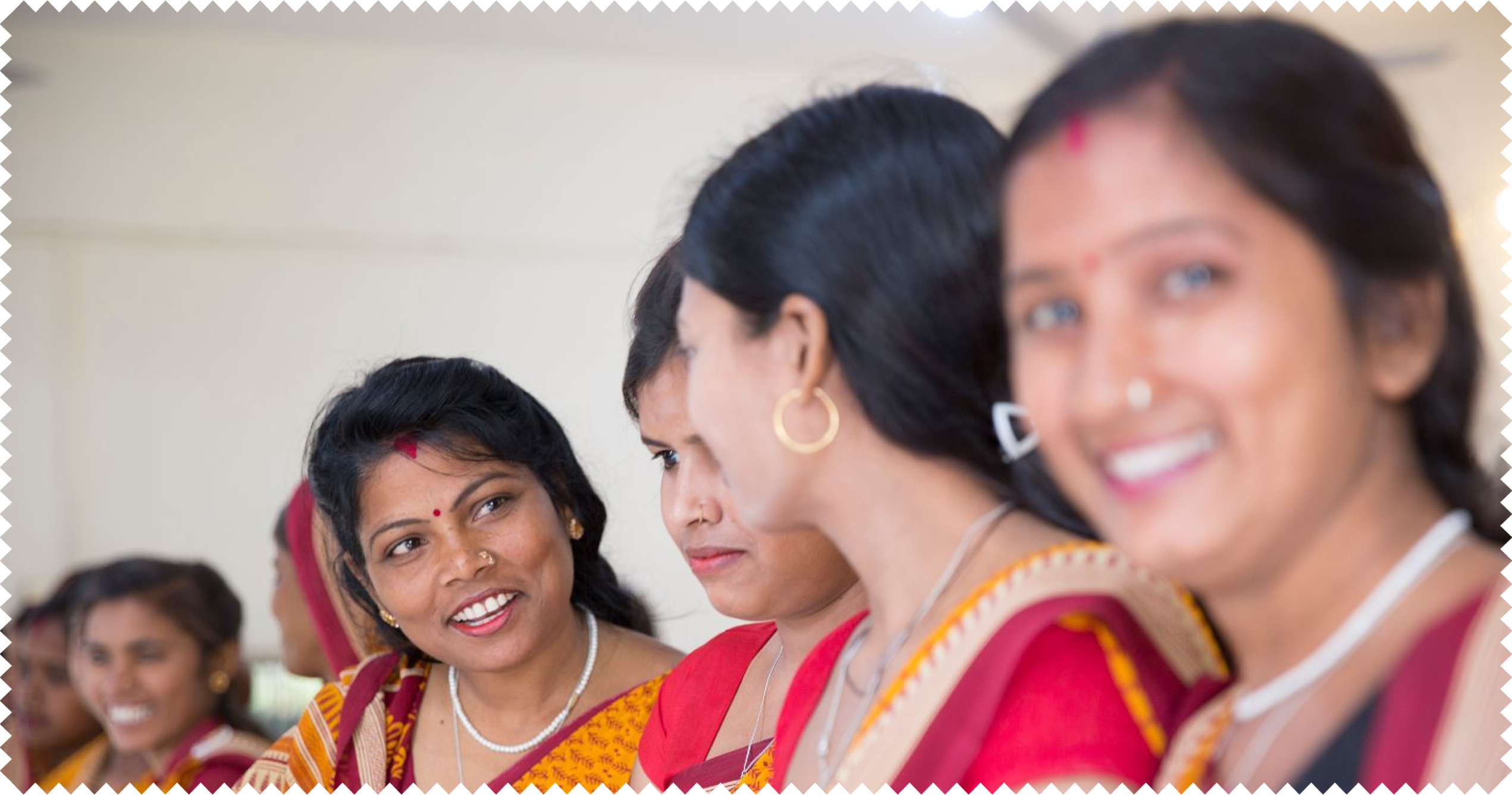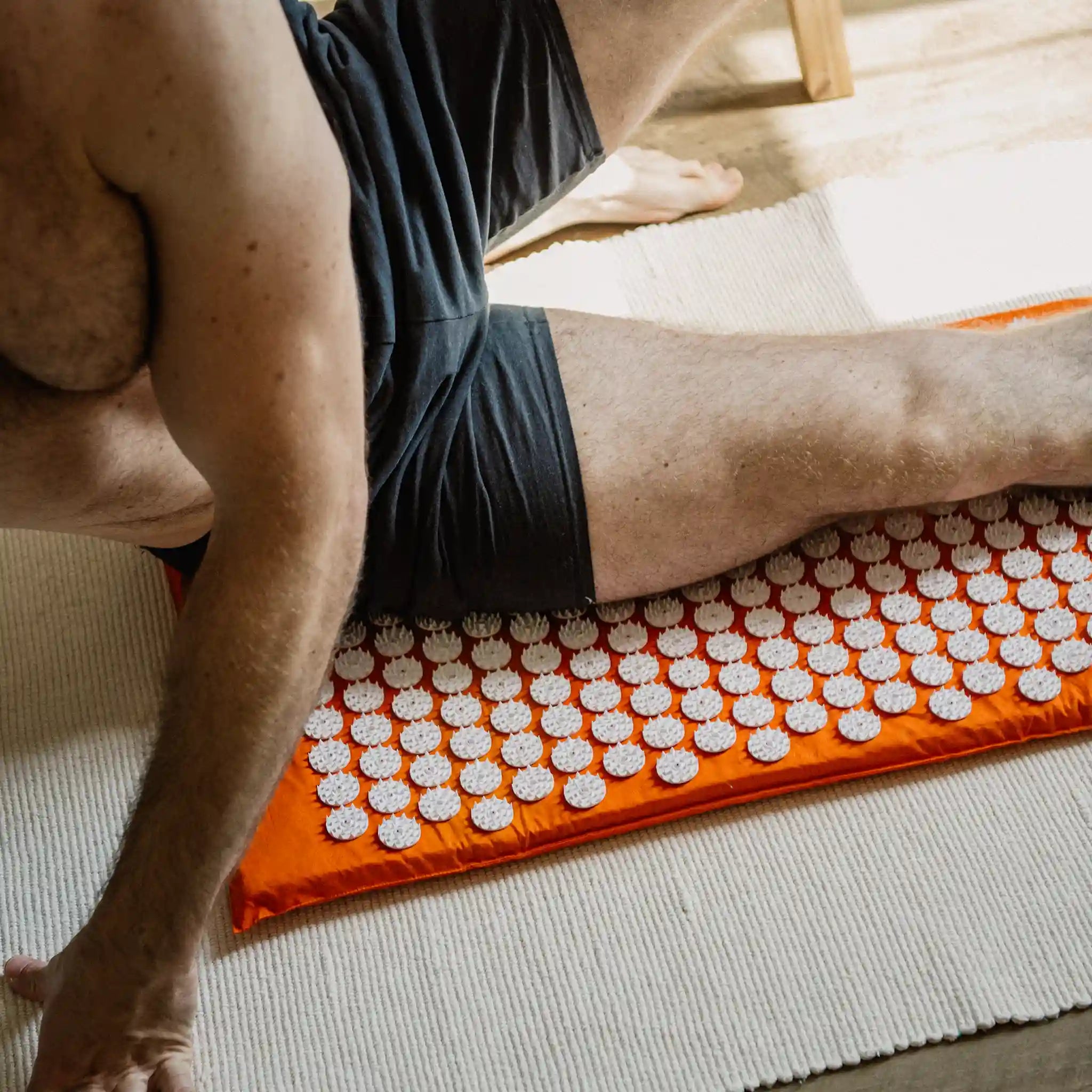Have you recently heard the term longevity recently, for example in magazines or advertising? You probably already have a rough idea of what it means - it's probably about the questions "How do you live longer?" or "How do you grow old (as old as possible)?". But that's only one part of longevity. We would like to look at all aspects of this "lifestyle for a long life" in a moment. Longevity involves much more than just delaying ageing. It is about extending the phase of healthy living, i.e. maintaining physical and mental abilities into old age. This requires a holistic approach that encompasses both physical and mental health, nutrition, exercise, sleep and the social component. The good news is that in a world where modern medicine and technology are constantly advancing, the goal of a long, fulfilling life is becoming ever more attainable. And: you can easily integrate the most important measures for longevity into your everyday life. We'll show you how.
Longevity: meaning explained clearly
First, let's take a closer look at the terminology: What is longevity? Let's expand on this a little so that the connection to your everyday life becomes clear. In our fast-paced world, where stress and hectic often dominate, it is all the more important to take care of your own health and well-being so that you can age healthily. In the context of longevity, a long life does not only mean living longer, but also filling these years with energy, joy and activity. It's about living a longer, healthier life with more time for the things we love - be it adventures with family and friends, pursuing our personal passions or our professional goals. But how do we achieve longevity? This is the key question we will address in the following sections.
Healthy ageing - you should pay attention to these 5 aspects
Longevity encompasses various areas of life. We would like to show you the most important aspects that you should integrate into your everyday life in order to lead a long, healthy life. We also offer you practical tips and tricks on how to make the transition from your old habits to your new ones. Because longevity is not a distant vision, but an achievable reality that starts with our daily decisions.
1. grow old healthily with the right diet
A balanced diet, rich in nutrients and low in processed foods, is crucial for a long, healthy life. Antioxidants, vitamins and minerals support our cells and prevent ageing processes. It is therefore best to eat a varied range of foods so that you get all the nutrients you need. Vegetables, fruit, wholegrain products, lean protein and healthy fats should form the basis of your diet. Reduce your consumption of highly processed foods, sugar, trans fats and additives. These contribute to inflammation and various health problems. As nutrition really does play a key role in longevity, we'll go into more detail in the next section. Here's how to be smart: Gradually swap unhealthy foods for healthy alternatives. For example, you can choose fruit or vegetables as a snack instead of a chocolate bar. Also, plan your meals in advance to avoid temptations and make sure you have healthy options to hand.
2 How do you live a healthy life? Clearly: with exercise!
Regular physical activity strengthens the cardiovascular system, maintains muscle mass and also improves mental health. Even moderate exercise, such as daily walks, can make a big difference in terms of longevity. Aim for at least 150 minutes of moderate aerobic activity or 75 minutes of vigorous activity per week, supplemented by two days of strength training. You don't necessarily have to set aside time for the gym etc., but you can also do it "on the side". For example, use stairs instead of elevators, walk to work or cycle to appointments and take regular breaks for short stretching exercises. Try it out: Find a (new) sport or activity that you really enjoy and start with small, achievable goals. Once these have been achieved, this will push your ambition and you can then keep increasing. Make a note of your progress - this will provide additional motivation.
3 This is how important a daily dose of sleep is:
Sufficient restorative sleep is essential for the regeneration of the body and mind. It supports the immune system, improves cognitive function and promotes emotional stability. So be sure to create a quiet and dark sleeping environment for your longevity, maintain a regular sleep-wake cycle and avoid electronic devices before going to bed. You can also try out relaxation techniques such as meditation or breathing exercises to help you fall asleep better. Good to know: If you want to change your sleeping habits, it's best to do this gradually so as not to 'confuse' your body unnecessarily. Go to bed 15 minutes earlier every night until you reach the desired sleep duration. If possible, establish a fixed evening routine that prepares you for sleep, for example reading or a few relaxing minutes on the acupressure mat. In this way, your body and mind can "wind down" better and more reliably.
4. mental health also contributes to longevity
An active mental life can help to reduce the risk of neurodegenerative diseases. Hobbies, learning new skills and social interactions are important factors that you should not neglect. So make enough time for this, perhaps even with a small appointment in your calendar to remind you of it again and again. For example, challenge and stimulate your brain by doing puzzles, reading or learning a new language. Enjoy spending time with friends and family. If you tell them about your "Roadmap to Longevity", they might want to join in. You could perhaps organize regular game nights or take part in excursions or courses. Our conversion tips: Try a new hobby that challenges you mentally and gives you pleasure. This could be anything from knitting to chess or gardening. Also plan regular meetings with friends or family so that you maintain these important social interactions. Why not make a date for the next reunion as soon as you say goodbye?
5. social connections fill your life with joy and variety
Strong social ties make a significant contribution to our life satisfaction and emotional health - and therefore also to longevity. Relationships provide emotional support and promote a sense of belonging and security. You should therefore invest time regularly in building and maintaining friendships and family relationships. Take an active part in community events and make new contacts. Or join a club or volunteer to strengthen and possibly expand your social network. It's sure to work: Don't wait for others to take the first step. Instead, be active yourself! Invite friends over for a coffee or plan activities together. Feel free to use modern communication technologies such as video calls to stay in touch even over long distances.
Longevity: nutrition plays an important role
A balanced diet is the key to a long, healthy life. The importance of a healthy diet increases with age in particular, as the body needs more support to stay vital. To put it more precisely: With the right diet, you provide your body with all the necessary nutrients required to keep organs functioning, strengthen the immune system and maintain physical and mental health. As we age, the need for certain nutrients such as calcium, vitamin D, protein and fiber increases. You should, of course, take this into account in your diet and, if necessary, also make use of special longevity supplements or longevity supplements if necessary. Good sources of protein (to maintain muscle mass) include lean meat, fish, eggs, dairy products, beans and pulses. Omega-3 fatty acids, found in fatty fish such as salmon, mackerel and sardines, as well as flaxseed and walnuts, are anti-inflammatory and support heart health. Whole grains such as oatmeal, quinoa and brown rice provide fiber, which is important for healthy digestion and maintaining stable blood sugar levels.
Which foods are good for me?
You should definitely reduce or even avoid highly processed foods, as they often contain high amounts of sugar, salt and unhealthy fats. These can contribute to chronic inflammation, cardiovascular disease, diabetes and other health problems. A diet high in processed foods can also lead to malnutrition as it lacks important nutrients. So make sure you learn to read the nutritional information and ingredient lists on packaging, prefer fresh, unprocessed food when in doubt and cook your own meals. Our extra tips for you: Nutrient-dense foods provide a high amount of nutrients in relation to their calorie count. These are particularly important in old age, as the calorie requirement decreases while the nutrient requirement increases. Incorporate superfoods such as berries, nuts, seeds and green leafy vegetables into your diet. These are rich in vitamins, minerals and antioxidants. Also drink plenty of water, as the feeling of thirst often decreases with age. However, hydration is important for digestion, kidney function and general health.
Longevity means growing old, but the right way!
By addressing these five areas - nutrition nutrition, exercise, sleep, mental health and social connections - in your everyday life and developing new habits step by step, you lay the foundation for a long, healthy and fulfilling life. Because one thing is certain: longevity is not an unattainable goal, but a process that you can actively shape. Don't try to change everything at once, but rather take it step by step. Focus on one area and slowly integrate the new habits into your everyday life. Small, continuous changes are often more sustainable than radical changes that you can't stick to permanently.
Also important: reward yourself for milestones achieved to stay motivated. This can be a special activity that you enjoy or a small gift to yourself. After all, it's easier to keep going if you enjoy what you're doing. And by the way: find like-minded people who also want to improve their lifestyle in the direction of longevity. This can take the form of groups, clubs or online communities that offer mutual support and motivation. By the way, routines also help to bring about a lasting change and turn it into a "new daily routine". So find a few rituals that are good for your body and that you can easily integrate into your routine throughout the day. An acupressure mat for example, helps you to start the day actively in the morning, relaxes you at lunchtime after the first strenuous hours at the office and lets you wind down in the evening. Try it out! And last but not least, a very important tip: be flexible and patient with yourself. It's normal to experience setbacks. The important thing is that you don't give up and keep making small steps forward.
How to stay healthy? Eight habits for a long life
Finally, we have summarized what we consider to be the most important tips for you on your journey to longevity. You can also pin them to your fridge as a kind of checklist and use them as a daily reminder of your new lifestyle.
-
Focus on a varied diet with all the necessary vitamins, minerals and fiber.
-
Drink enough water to give your body the best possible support.
-
Integrate daily exercise into your everyday life, be it through walks, yoga or strength training.
-
Make sure you get 7-8 hours of sleep a night to regenerate your body and mind.
-
Keep your mind fit by reading, solving puzzles, learning new skills or taking up hobbies.
-
Practice relaxation techniques such as meditation, acupressure or breathing exercises to reduce stress.
-
Maintain your social contacts and spend time with family and friends.
-
Go to regular medical check-ups to detect health problems at an early stage.



















